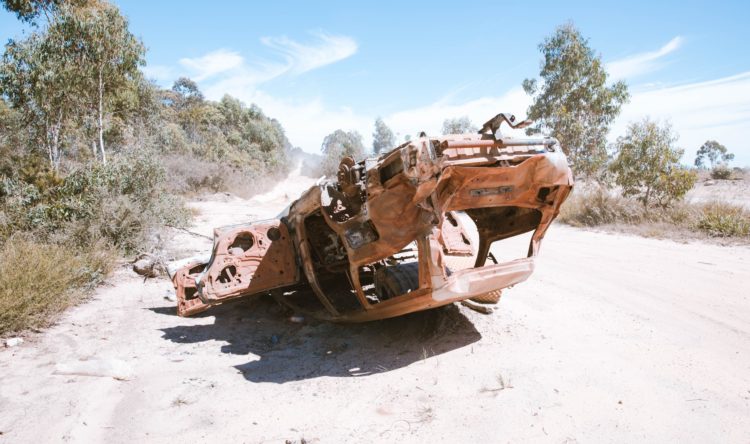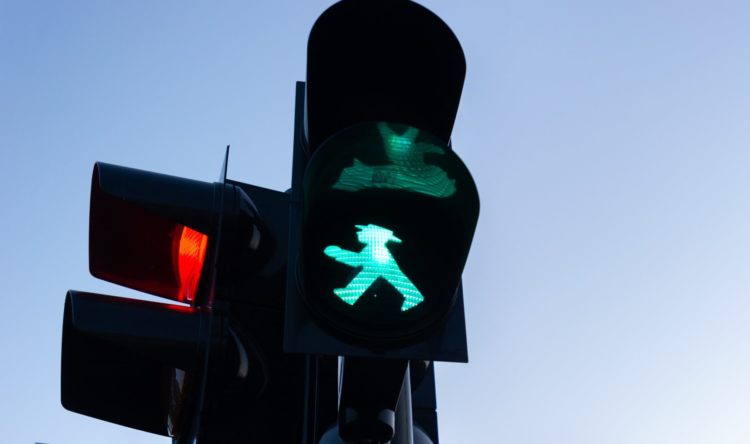Is it time to ‘hang-up’ on all phone calls behind the wheel?
We want to know your thoughts - Vote thumbs up or thumbs down
Yes – Shaun Helman, Chief Scientist Transport Research Laboratory
The fundamental question here is how much attention we expect drivers to pay to driving. I think they should pay more attention than is possible when speaking on a phone. One study I like to quote in this debate was done at the University of Reading in 1999, under the TRL Behavioural Studies Programme. McKenna and Farrand had both experienced and novices drivers take a hazard perception test while engaged (or not) in a hands-free conversation task. We know hazard perception ability is a good proxy for safety, and the conversation task made both groups worse at this skill. More strikingly, although experienced drivers were much better at hazard perception when focused on it, during conversation they were just as bad as novices. Think about that for a moment. Having a hands-free conversation wiped out the benefits of their (in this study) 10+ years of driving experience; it made them into novices again. TRL’s later benchmarking study (TRL547) showed that talking hands-free delayed reactions as much as being just above the legal alcohol limit. Sure, we need to decide where the dividing line should be in this debate (other distractions clearly exist), but I believe that talking on a phone while driving is clearly something to be ruled out, hands-free included.
No – Edmund King OBE, President, Automobile Association
Drivers should avoid making or receiving calls whenever possible. For most drivers the best advice is to turn your phone off. It really won’t ruin your life. However, it is not practical to ban all hands-free calls or, indeed, enforce it. For some business or commercial drivers, a short, sharp, voice-activated call can be beneficial to road safety. For example, a very short call saying that you are going to be late may stop people from speeding, driving in a dangerous manner or being anxious about being late. Any in depth, emotional or complex call on hands-free can be dangerous and shouldn’t be conducted. Callers should always ask whether you are driving and hang up unless an emergency. Even with hands-free the police can, and do, investigate phone records after a crash and the call could be taken as a contributory factor. A total ban wouldn’t work, not least because it would be incredibly difficult to enforce in any practical sense. However, safer, more sensible use of ‘hands-free’ would. In the meantime, we need a concerted effort to stop, fine and ban the habitual texters we see at the wheel daily. Believe it or not, you’re twice as likely to crash text driving than drink driving. You wouldn’t drink drive. Don’t text drive.







